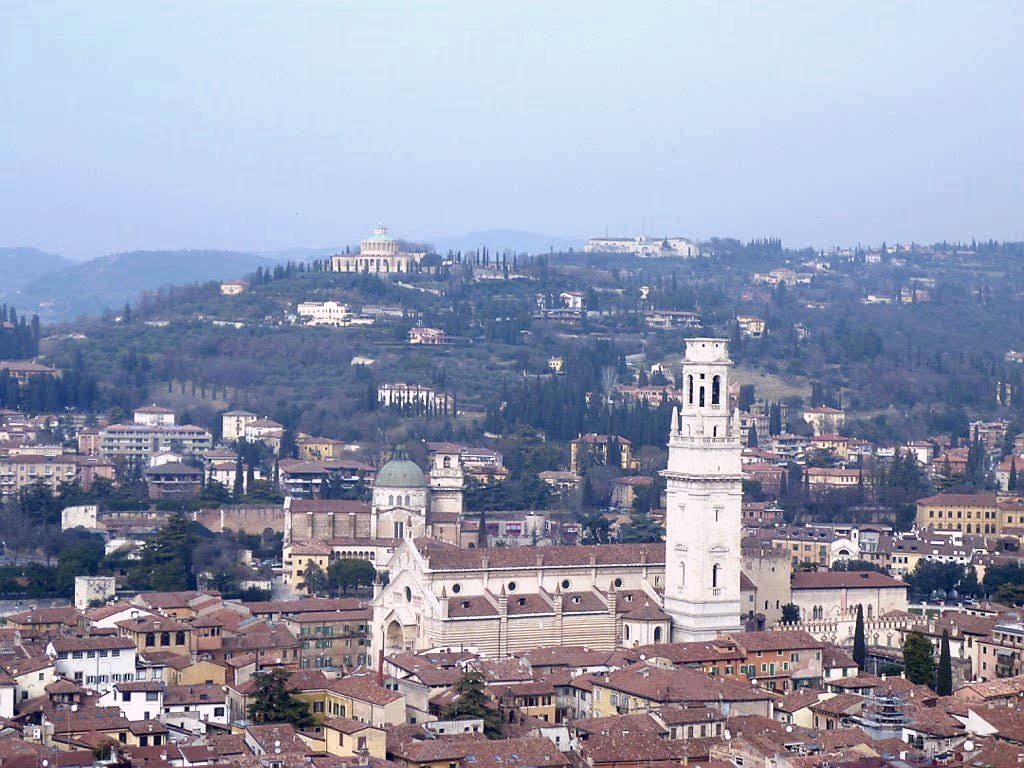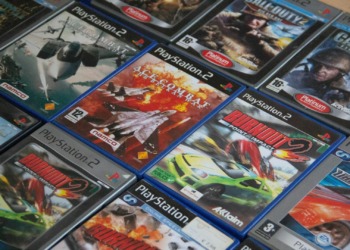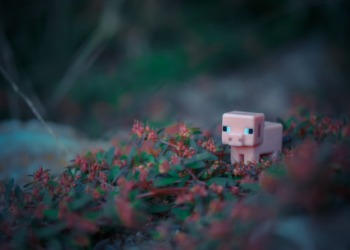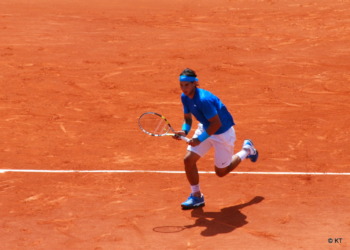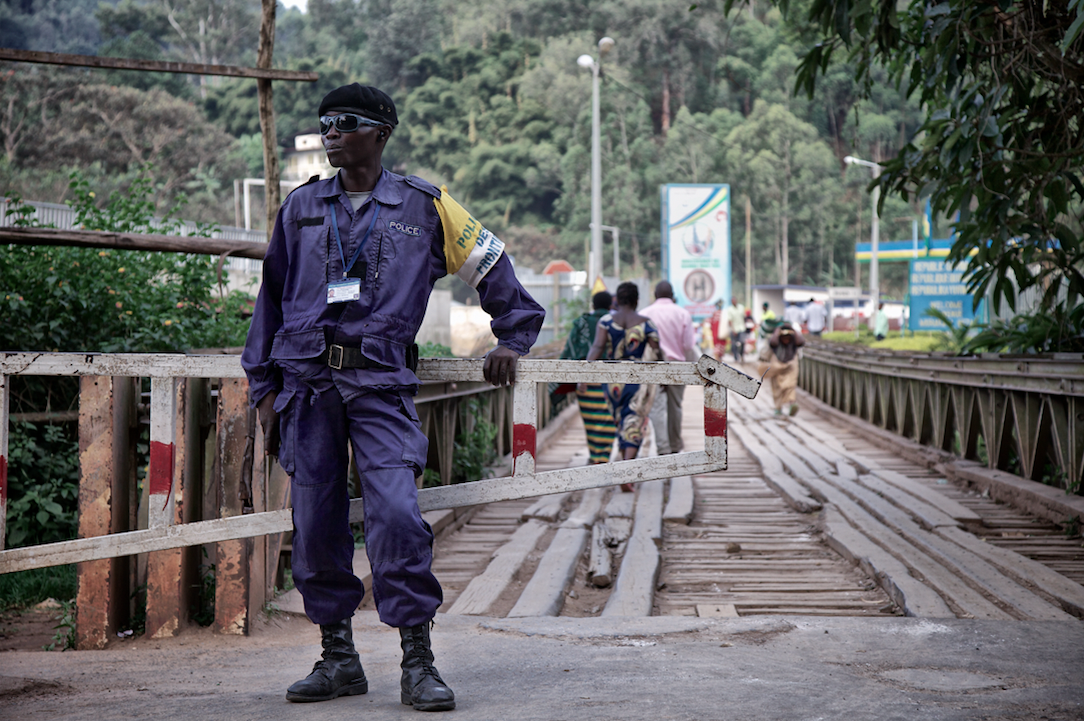Book Review and Interview with Author Adam Karni Cohen
If We Were Gods by Adam Karni Cohen, published by The Endeavour Press, July 2017
When I started reading If We Were Gods, I was wondering how Adam Karni Cohen, the author of this remarkable and bizarre love story-cum-family saga, could ever pull off the heavy referencing to the ancient world of Greek and Roman mythology. I was ready to be bored and expecting to classify this debut novel as yet another pretentious failure from an aspiring writer.
I was wrong, of course. This is the work of a master story-teller. Don’t be put off by the Roman gods roaming around in this book, they are not a bore or a waste of time. There’s nothing academic or pretentious about them. The gods you encounter here don’t slow down the storytelling, what they do is add a new dimension to it, refreshing and amplifying a common tale in our times. A love story between two university students from different countries and different cultures, in this case, Italy and the UK. We have Claudio Collina, son of a Verona industrialist, who came to study engineering in the UK and Jennifer who is an English med student. Claudio is a pivotal character, loaded with an intellectual baggage shaped by ancient Rome, he is the one living the ancient myths. He befriends Chris, another British med student, and soon this becomes a “classic” love triangle.
Adam Karni Cohen took literally the classic element in this love triangle and elevated it to the main theme of his novel – thus turning it into something entirely new.
You don’t need to know anything about the triangle of love between Vulcan (the god of fire), Venus (his wife) and Mars (her lover) to enjoy the book. And as you read on, you discover that the author has woven more than a love story, this is the saga of two families, one in England, the other in Italy, and it spans decades and generations, as the story turns on Jennifer’s children, Anna, eighteen and her brother Sam, fourteen.
Sam is a particularly endearing character who, to alleviate the boredom of a summer vacation, plays at being a “detective”. He delves deep into his mother’s personal papers and there are times you feel like telling him to stop. But his relentless curiosity moves the plot forward and you come to enjoy the way the author delicately draws this teenage boy, with all his flaws, misguided ambitions and yearning to be loved.
This is an ambitious novel, finely structured and with multiple points of views. Remarkably, one key character central to the plot is one we never meet but only hear about: Claudio’s father, Federico Collina, who sounds like a ruthless startup entrepreneur (not an entirely lovable character but very real). He has an outsize effect on his children, Claudio and Melissa, shaping their destinies.
If this all sounds complicated, it isn’t. The author pulls it off brilliantly, aided by a real talent for both story-telling and mastery of language. The reader is drawn in, the pace is relentless, this is a page-turner and a deep plunge into the human condition.
After reading it, I wanted to talk to the author and he kindly agreed to answer my questions.
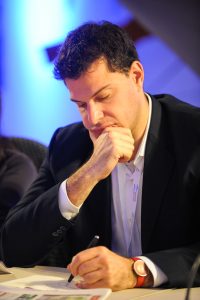 Question: Literary agent Donald Maass wrote in his famous guidebook “the Breakout Novel” that a “truly BIG book is a perfect blend of inspired premise, larger-than-life characters, high-stakes story, deeply-felt themes, vivid setting and much more”. Your book checks all the boxes. Can you tell me how you came to your “inspired premise” and “larger-than-life characters” – in other words, why the mythology, why Claudio?
Question: Literary agent Donald Maass wrote in his famous guidebook “the Breakout Novel” that a “truly BIG book is a perfect blend of inspired premise, larger-than-life characters, high-stakes story, deeply-felt themes, vivid setting and much more”. Your book checks all the boxes. Can you tell me how you came to your “inspired premise” and “larger-than-life characters” – in other words, why the mythology, why Claudio?
The novel really had nothing to do with mythology at the beginning. I wanted to write a simple story of an adolescent girl who disappears from home in London, goes into Europe, and seeks out a stranger [plot spoiler alert – the actual idea was that she was in search of her father). But when I sat down to write the opening scene, the first image that came into my mind was the story of Vulcan, Venus and Mars. Why? At that time, I was rather heartbroken, like Claudio; I had been obsessed with mythology as a young boy, and I think this ancient memory came out to help me process my emotions.
My problem now became – which story to pick, the gods or the girl? It turned out they were not such different stories, that myths and family were connected, albeit it took me three years to work out in what way.
Three years to work it out! Yes, I can believe it, I’ve always thought that good story-telling takes time to “mature”. Can you tell me more about the stakes in your “high-stakes story” and the “deeply-felt themes” that drove you to write this novel? Are you setting out to prove that “if we were gods” we would be happy?
Like so many others before me, I do find these myths mirror many of our deepest concerns and passions, and explain so much about our interaction as families, lovers, people. But I had a deeper idea I wanted to pursue.
Towards the end, there’s a memory of Claudio writing, “if we were gods, who would answer our prayers?” I have long been fascinated with how we have tried to escape our ancestors’ reliance on religion and myths, to make ourselves masters of our destiny, standing alone in the void. I am not convinced that we can or should.
In the modern age, to many of my contemporaries, the idea of an omnipotent God seems ever more remote, and yet at the same time the ancient gods have become more relevant, which you see in popular culture, where superheroes and fantasy characters are more popular than ever. So to answer your question, I think we will always have the potential to be happy or unhappy, as we choose, and there will always be knowledge beyond us, which we might call myth, or gods, or love – the intangible, unknowable, that makes living a mystery and worthwhile.
I particularly liked the scenes set in Italy, in Bologna and Verona. You clearly know Italy very well. Can you tell us how that happened? And why did you use Italy as a setting?
I guess my heartbreak at the time was a part of the cause – I had loved an Italian girl, and had to scratch that itch. But Verona was a funny one. I’d gone there aged 18, and it had lurked at the back of my mind as this place that is not as romantic as we imagine it to be.
It’s really a post-war industrial success, and yet has long been a source of the most passionate writing; in particular I became obsessed with Catullus, who is in equal parts disgusting, funny and inspiring, a very modern poet. Later I found so many ways to justify why Italy was core to the story – the character of Federico, who I agree with you is very important, and could only have been Italian; or for example, I was very interested in this idea that since the Romans, Europe had not been as unified again until the European Union. But this was all post-facto rationalization!
 I am curious, you have a very unusual background for a writer, you’ve made a career in finance and today you run an events catering business. What brought you to writing fiction?
I am curious, you have a very unusual background for a writer, you’ve made a career in finance and today you run an events catering business. What brought you to writing fiction?
Well, this came long before my business career. I’ve always written. I was a book worm, and started scribbling stories when I was about 8 or 9. I’ve tried writing non-fiction over the years but my first love is for stories, to tell them, to listen to them. It’s the easiest way to get me to shut up: “Once upon a time…”
How did you make time for your writing? I know you joined a group of writers in North London, did you find the experience helpful, are you still working with them?
I guess everyone makes time for the things they enjoy most, whether that’s watching TV, going to the gym, writing. Admittedly it’s not been easy, and I have over the years taken time out from the business world to concentrate on writing.
The discipline of a writers group is helpful as well – regular meetings give a focus to producing drafts, editing them, sharing again. The group was a fantastic circle of trust, highly critical yet supportive. In the last couple of years, I have been sucked back into the world to the extent that I can’t commit to that kind of group, but I would love to be involved with them again in the future.
I noticed literary magazines have published some of your short stories. Is this your first novel or do you have others in your drawers? Will you continue to write short stories? Any non-fiction?
I did write a novel in my twenties about management consultants that would only be worth publishing on the day all the other books of the world have been lost. Before that I tried writing a novel about Spinoza, and another about a road trip I did through the States, thankfully neither of these even made it to a finished state. I love writing short stories but I it takes a kind of discipline and precision that I don’t feel I have.
Non-fiction appeals to another part of me, where you can comment on the world more directly and point out what’s wrong, hopefully with a view to correcting it, and I’d like to do more of that. But above all, I’d love to write another novel.
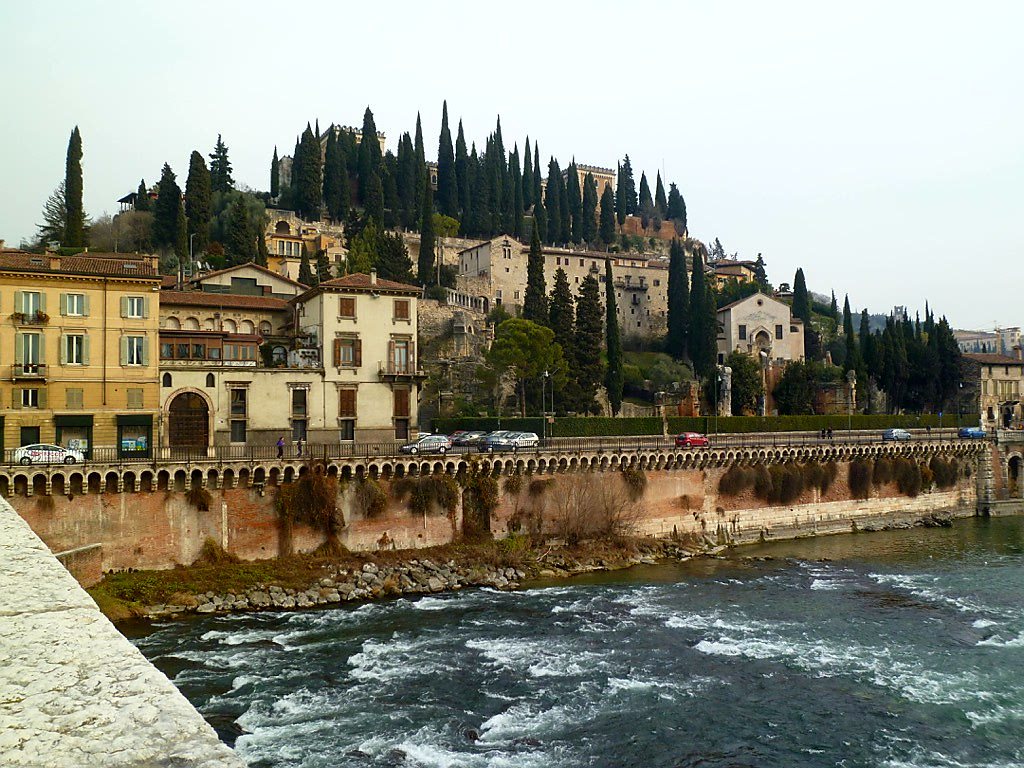 I’m certainly looking forward to your next novel. What are your future writing plans, can you share something with us?
I’m certainly looking forward to your next novel. What are your future writing plans, can you share something with us?
I am very keen to write another one, it may take me a few years due to family and work (that is, non-writing work) commitments. A part of me is curious to follow Anna and Sam – or people they might have met – to the next stages of their education.
Another part of me would love to write a good old detective story like the ones Sam enjoys so much. My sister thinks I should write airport romance stories. There are also some 300,000 words I discarded from If We Were Gods, including a whole set of mini romances written by Sam about him and his crush, Isabelle.
On reflection, I suspect whatever I write next will have no obvious link to any of these ideas.


